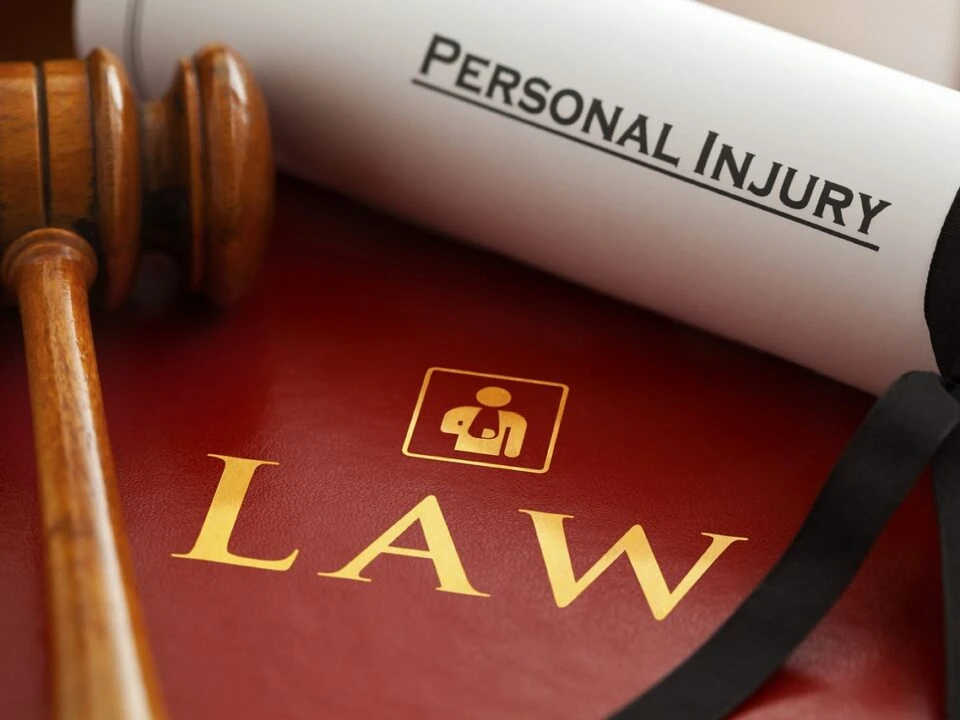
Important Things You Should Know if You Are Facing Deportation
March 5, 2023
Commercial Awareness Update – W/C 6th March 2023
March 6, 2023No matter if you are a law student or enrolled in some other major, it’s essential for every student they can have access to legal resources at low to no cost. Even one instance of skipping school because of legal problems can derail an individual’s career and academic progress.
Because of the wide range of students we have had in the past few years, it becomes ever more important that legal resources are available at a low price or completely free. About one generation ago, college campuses were more alike in age groups and socioeconomic status.
In this article, we are going to go over free and low-cost platforms, websites, and apps.
Search Engines
Students attending the best universities in the world might not have time to research law, but it can be a lot easier with search engines. These search engines source and limit Web-searching to law-specific resources only.
AnyLaw
This is a completely free and user-friendly legal research service. There is no limit to access. There are massive amounts of data like Federal and State case law. All while being excellently organized to save you both money and time.
Google Scholar
Google Scholar is used to simplify searching for school literature. From this one place, you can get theses, books, abstracts, and court opinions, articles. And it will only take options from academic publishers, online repositories, universities, and professional societies.
Ravel Law
Ravel Law is a startup that offers completely free access to computer-assisted legal research. They are focused on making easier, faster, and more intuitive legal research. They have been acquired by LexisNexis, which is going to only help Ravel Law get bigger and better.
USA.gov
Usa.gov is a site that creates and organizes government information and services and makes them available online for anyone to see. Here you can find there are federal and state government websites that have information on the law and legal resources.
World Legal Information Institute
A completely free, independent, and nonprofit organization that offers links to more than 15,000 law-related websites. It contains links from all around the world. Also it was founded by a number of Legal Information Institutes and Law Faculties around the world.
Online Legal Information
These are the most popular and free-to-use websites that have information that can help you with the law and legal problems.
Public Library of Law
Fastcase has industry-leading tools that make easier and more intuitive legal research. This includes statutes, regulations, constitutions, court rules, legal forms, and case law. Because of its great features, even professionals are using it.
PublicLegal by Internet Legal Research Group
PublicLegal is a categorized index of many websites. They are more than thousands of legal forms and documents. The main goal of PublicLegal is to provide original content and serve legitimate information on the law and the legal profession.
Legal Information Institute
This is primarily made to help students understand the law better and explore new technologies that simplify and make it easier for people to find and understand the law. Also, they are publishing laws online for free.
Law Stack Exchange
Law stack exchange is a forum that helps with questions from students, legal professionals, and any other person that take an interest in law. This allows people to freely ask questions and get answers from people educated in that field, which can be a better approach than just googling terms.
Law Guru
Law Guru offers a free legal advice forum where you can get answers from more than 8,000 professionals in all legal areas. By having this many specialized people in every field, you can feel confident that you will find the right answer.
Justia
Justia is one of the most popular lawyer directories that are available at the moment. It has databases on all US Supreme Court decisions since the 1790s. Its main goal is to collect and distribute as much as possible law documents for free.
Guide to Law Online
It contains links to the US, International, and foreign law resources. This library has approximately 2.9 million volumes across all systems and laws around the world.
Government Publishing Office
Govinfo is the official website of the United States government. It contains authenticated PDF documents about law and legal resources. They include all the government public documents, not only law and legal.
FindLaw for Legal Professionals
FindLaw is the worlds leading provider of legal and law information. It includes case summaries, legal news, RSS court updates, legal search engines, case law, and practice information.
Case Law Access Project
This project is done by Harvard Law school, and it contains every official book published by the United States case law. Every case law from 1658 to 2018 can be found there.
Research Guides
There are a lot of typical online research guides and usually, a big percentage of them are written by librarians at universities or public law libraries.
Zimmermans Research Guide
Wrote by Andrew Zimmerman, one of the world’s leading education publishers. Zimmerman’s research guide is an online encyclopedia for legal researchers.
LLRX
Law Library Resource Xchange, or short LLRX, is a free web journal for law and technology resources for legal professionals. It’s usually used by researchers, academics, journalists, and Librarians.
Judicial Learning Center
The judicial learning center provides basic information about the justice system. It teaches us what’s their role, how they are organized, and the operation of federal courts.
HG.org
Hg.org contains more than 4 million pages of edited content about law and legal information. It includes over 70 core areas of law which are then broken down into 260 sub-areas of law.
Georgetown Law Library
One of the biggest academic libraries in Washington, D.C., this is a private library only available for their students, faculty, alumni, and staff members. It contains a large number of legal research guides.
Emory Law Library
Emory Law Library has all the links to free resources related to foreign law, U.S. federal, state, and local primary sources, as well as secondary sources.
Mobile Apps and Databases
These are low-cost apps and databases that can help you with citations and offer a variety of plans for searching legal documents and material. Keep in mind that they don’t have as many features as premium legal databases have.
Rule Book
Exclusive mobile publishing platform for leading legal publishers. It also includes Federal Rules of Evidence as well as the U.S. Constitution, among other things. It’s free to download, but it has options for in-app purchases.
PACER – Public Access to Court Electronic Records
Owned by the Administrative Office of the U.S. Courts. It has records of Bankruptcy Court cases, district, federal appellate, and docket information. It charges 0.10$ per page and a 3$ cap per document. All charges that are less than 15$ quarterly are waived.
Oyez
It includes Justia Lawyers Directory, Annotated Constitution, and the U.S. Supreme Court archive. Completely free, with the option of family sharing for up to six people.
Legal Dictionary
It has more than 58.000 legal terms and cases from top sources. It also includes West’s Encyclopedia of American Law. The Legal Dictionary app is completely free to use, but it offers in-app purchases.
Law Stack
- Up-to-date and downloadable statutes, regulations, and rules.
- There are both free access and paid packages.
Fastcase
Fastcase has all federal and state cases, regulations, court rules, bar publications, and statutes. It also includes a free mobile app and has computer analytics that flags cases that have been reversed or overruled. Keep in mind that computer analytics can’t do as good of a job as human editing can.
Courtroom Objections
The app helps make guides for responding to courtroom objections. It also includes a list of common objections and responses. Courtroom Objections is priced at 2.99$ with the option of family sharing with up to six people
Courtroom5
Courtroom5 offers detailed guidance on how to represent yourself in court. It costs about 49$ per month, and that includes end-to-end legal case management.
Case Maker
Federal and state cases, citators, and statutes are available. Subscriptions are available as monthly and annual memberships. Fees vary on state bar. Some even are free.
Casetext
The app contains all federal and state cases, regulations, statutes, advanced citators, free customer support, and rules. For the full package, it starts at 65$ per month.
Closing Thought
We’ve covered everything you need to learn about legal resources as a student successfully. We hope this article is going to help you. But, keep in mind, if there is a bigger legal problem, it’s best to consult a lawyer. There is only so much you can do as a student. If somehow you end up in court, hire a lawyer.





